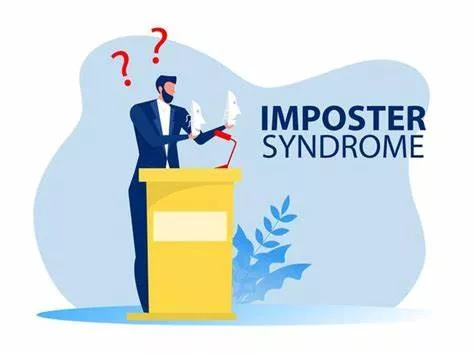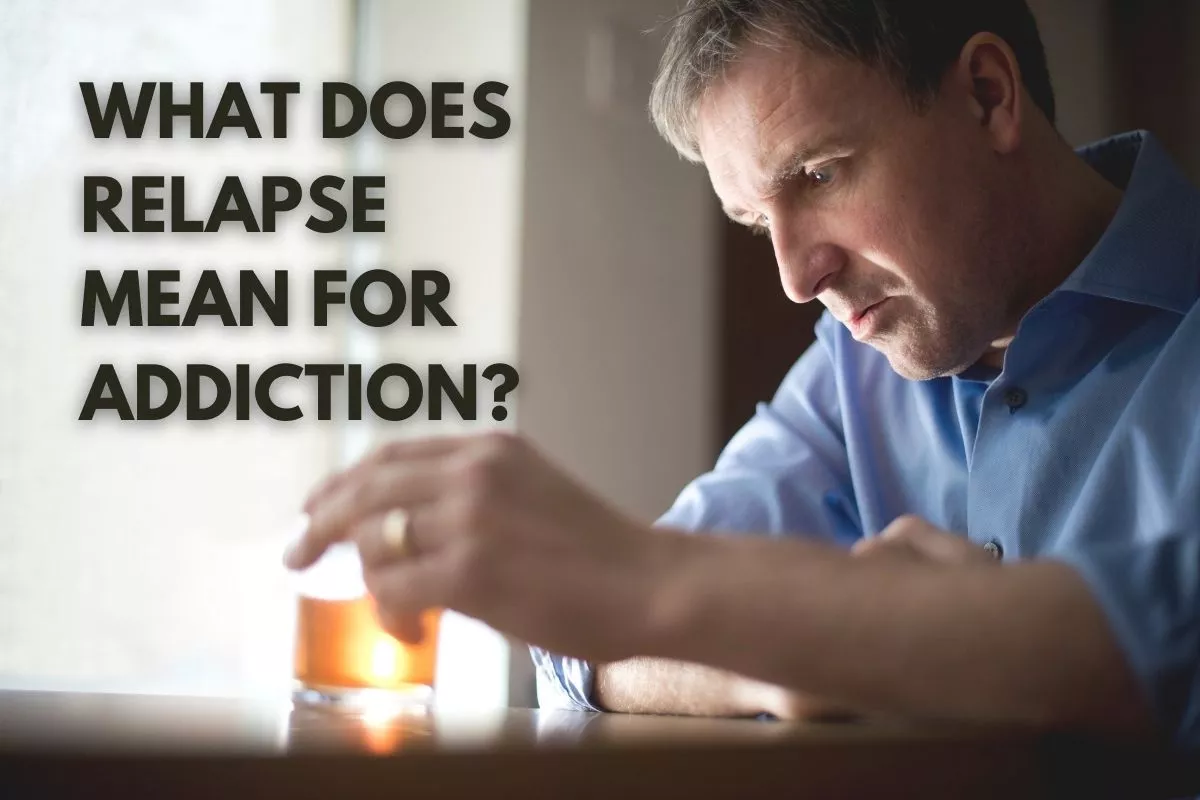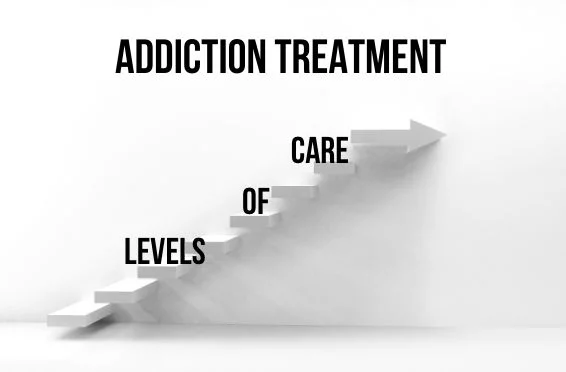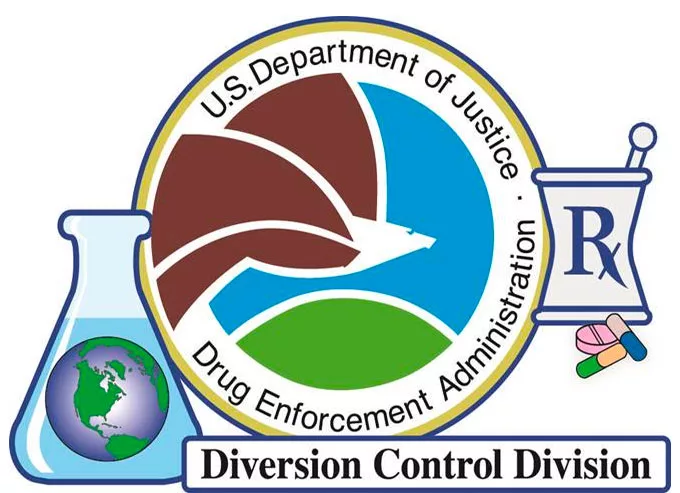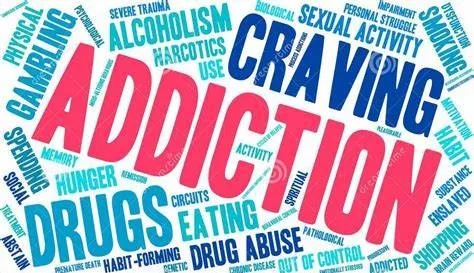Using ESA during drug recovery
The utilization of Emotional Support Animals (ESAs) has gained prominence for its holistic impact during drug recovery. This approach capitalizes on the therapeutic potential inherent in the human-animal bond, leveraging neuroscience to understand how interactions with ESAs can trigger neurochemical responses, promoting emotional stability and stress reduction. While the advantages are evident, including emotional comfort … Read more


